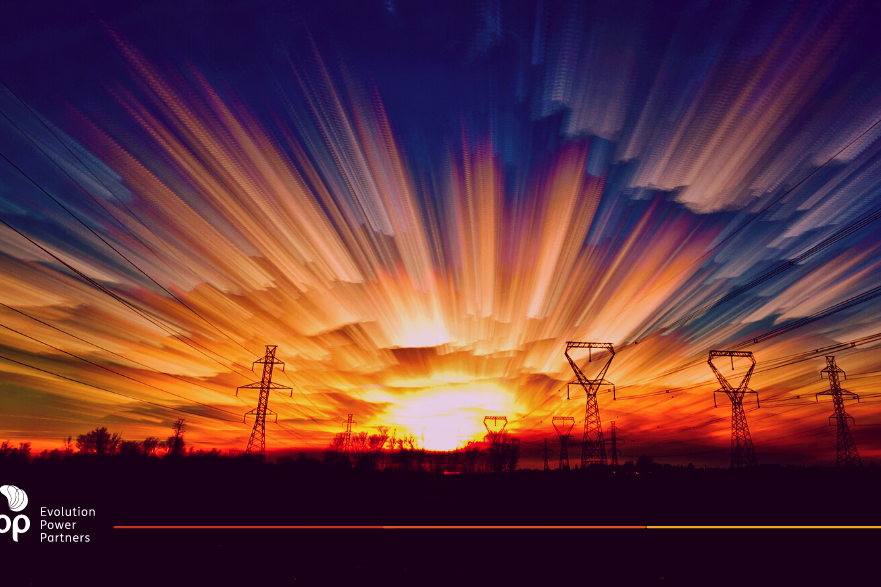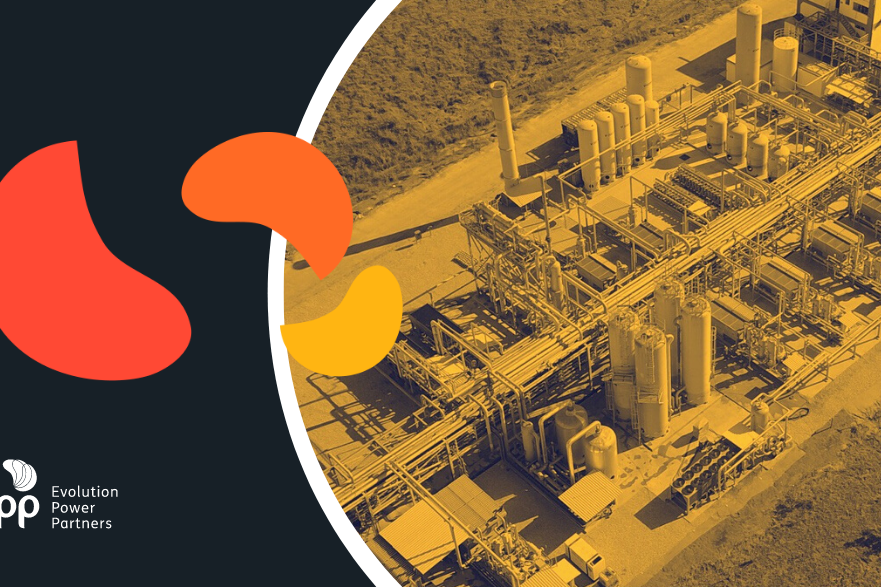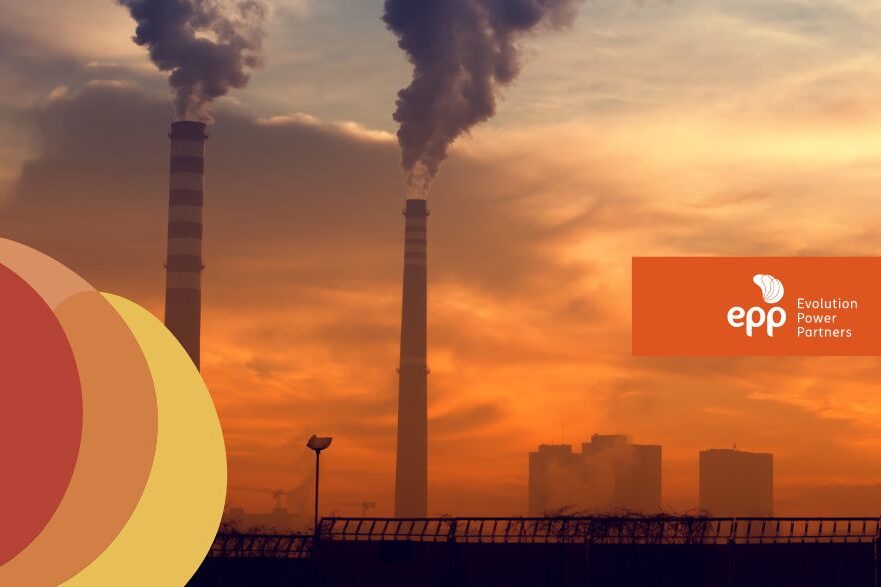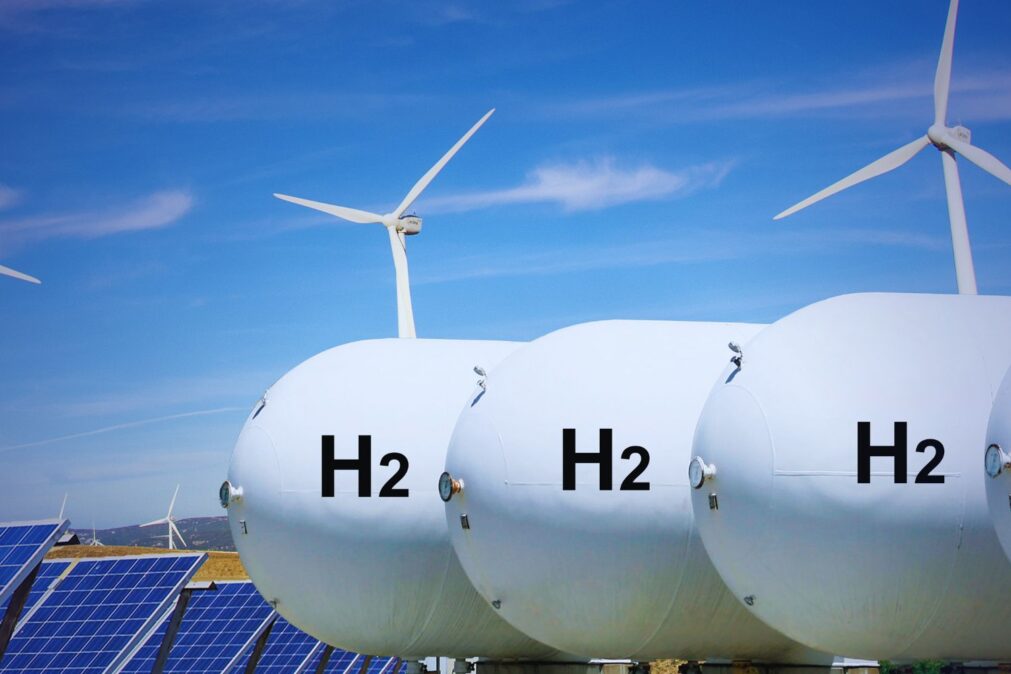Brazil, a country recognized for its diversity and natural wealth, has positioned itself prominently in the global clean and renewable energy scenario. Since the mid-20th century, the country has followed a pioneering path in the energy transition, anticipating global trends and establishing a model for other nations. This article explores Brazil’s journey towards a more sustainable energy future, highlighting its importance not only for the local environment, but also as a global example of innovation and commitment to sustainability.
The energy transition in Brazil is a reflection of a combination of innovative policies, abundant natural resources and a constant search for sustainable solutions. This movement gained momentum with initiatives such as the National Alcohol Program (Proálcool) and the introduction of flex-fuel vehicles, both playing crucial roles in reducing the country’s dependence on fossil fuels and reducing greenhouse gas emissions. With an eye toward the future, Brazil continues to expand its frontiers in renewable energy, exploring the potential of sources such as hydroelectricity, biomass, wind and solar energy.
The Roots of Renewable Energy in Brazil
The history of renewable energy in Brazil is marked by strategic decisions and pioneering innovations. At the heart of this development was the National Alcohol Program (Proálcool), launched in the 1970s as a response to the oil crises. This program not only boosted ethanol production from sugar cane, but also established Brazil as a world leader in the production and use of biofuels.
The turn of the century brought new dimensions to Brazilian renewable energy, with significant advances in flex vehicle technology, which can run on both gasoline and ethanol. Additionally, Brazil has expanded its focus to other forms of renewable energy, such as hydroelectric, wind and solar, leveraging its natural resources for a diverse and sustainable energy matrix. This historic development illustrates not only Brazil’s capacity for innovation, but also its commitment to a greener and more sustainable energy future.
The Current State of Renewable Energy in Brazil
Currently, Brazil continues to stand out in the global renewable energy scenario, with an emphasis on diversifying its energy matrix. The country has invested heavily in renewable energy sources such as hydroelectric, wind, solar and biomass. This investment not only reinforces Brazil’s commitment to sustainability, but also offers a resilient solution to global energy challenges.
Wind and solar energy, in particular, have experienced notable growth in Brazil, driven by technological advances and falling production costs. Furthermore, encouraging government policies have played a crucial role in this growth. This current scenario reflects a growing awareness of the importance of transitioning to cleaner and more sustainable energy sources, not only for the environment, but also for the Brazilian economy.
Navigating the Future of Renewable Energy in Brazil
Despite significant advances, the renewable energy sector in Brazil faces unique challenges. One of the main challenges is the infrastructure and logistics necessary to integrate renewable energy sources on a large scale into the national energy matrix. Another issue is the need for consistent and long-term public policies that encourage investment and innovation in the sector.
On the other hand, Brazil has immense opportunities. With vast natural resources, there is great untapped potential, especially in solar and wind energy. Furthermore, growing global interest in sustainability opens avenues for international partnerships and investments. Brazil has the chance to lead not only in the production of clean energy, but also in the export of technologies and knowledge in this area.
Innovations and Applications in Brazil
In the panorama of renewable energy in Brazil, two notable examples stand out: Gás Verde and Eva Energia. Gás Verde is a pioneer in the production of biomethane, using landfill gas to generate around 130 thousand cubic meters of this renewable fuel per day. Furthermore, the company is innovating by preparing to inject biomethane into the natural gas transportation network, a milestone in the sector. On the other hand, Eva Energia, specialized in generating energy from urban solid waste and pig farming waste, represents another front of sustainable innovation. Through these examples, Brazil’s commitment to renewable and ecologically responsible energy solutions can be seen, opening new paths towards a sustainable future.
Envisioning the Future of Renewable Energy in Brazil
In short, Brazil’s journey into clean and renewable energy is both inspiring and instructive. The country demonstrated how natural resources, innovation and public policies can intertwine to create a sustainable energy future. Looking to the future, Brazil has the opportunity to continue its trajectory as a global leader in renewable energy, further expanding its energy matrix and contributing to the global fight against climate change.
The path forward for Brazil in the field of renewable energy is full of possibilities. With increasing global focus on sustainability, the country is well positioned to be a protagonist in the next era of green energy, combining technological innovation with its commitment to the environment.






